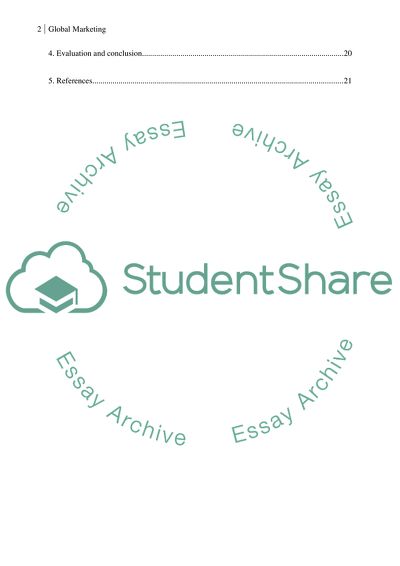Cite this document
(“Global Marketing, Foreign Markets and Strategies for Successful Entry Assignment - 1”, n.d.)
Global Marketing, Foreign Markets and Strategies for Successful Entry Assignment - 1. Retrieved from https://studentshare.org/marketing/1748707-global-marketing
Global Marketing, Foreign Markets and Strategies for Successful Entry Assignment - 1. Retrieved from https://studentshare.org/marketing/1748707-global-marketing
(Global Marketing, Foreign Markets and Strategies for Successful Entry Assignment - 1)
Global Marketing, Foreign Markets and Strategies for Successful Entry Assignment - 1. https://studentshare.org/marketing/1748707-global-marketing.
Global Marketing, Foreign Markets and Strategies for Successful Entry Assignment - 1. https://studentshare.org/marketing/1748707-global-marketing.
“Global Marketing, Foreign Markets and Strategies for Successful Entry Assignment - 1”, n.d. https://studentshare.org/marketing/1748707-global-marketing.


